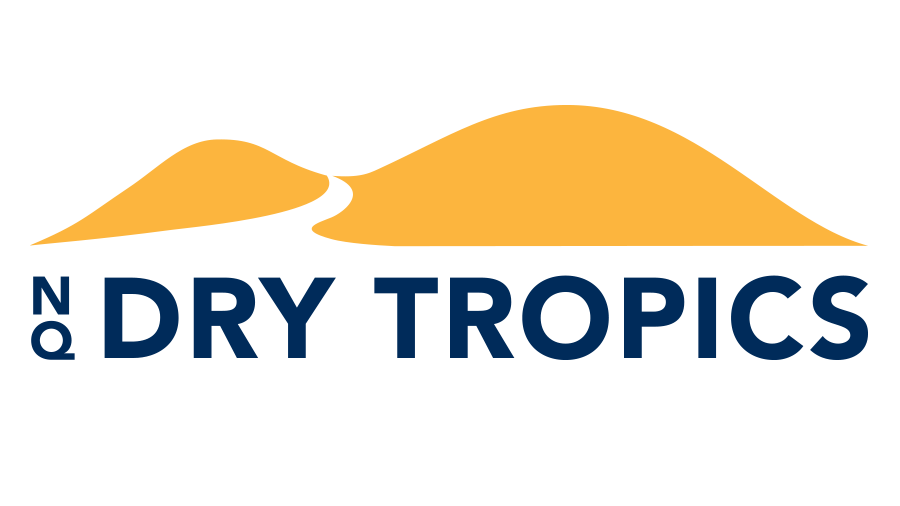A member of NQ Dry Tropics’ Landholders Driving Change project team has described how graziers’ ideas are being developed into a program of actions to tackle gully erosion and improve land management practices.
Jane Waterhouse, a water quality scientist at James Cook University, is working alongside graziers, other scientists and technical specialists to design land condition and water quality improvement solutions in the Bowen, Broken, Bogie catchment near Collinsville, under the Queensland Government-funded project.
The initiative aims to improve the productivity of grazing lands while reducing sediment runoff into local waterways and the Great Barrier Reef.
Ms Waterhouse said: “We kicked this project off back in February with four landholder workshops held in Bowen, Collinsville, Inkerman and Bowen River. This was a chance for local landholders in the catchment to identify their priorities and propose solutions.”
“More than 50 per cent of local grazing properties were represented, and participants put forward plenty of ideas, including gully remediation, improving pasture cover, education and training, incentives to support better practices, and forging closer links between landholders and policy makers. They also stressed that erosion isn’t just a grazier issue, and other land users such as mines, national parks, council and utilities would need to get involved”, she said.
Ms Waterhouse added that since the workshops, a project team combining graziers’ expertise with scientific and technical knowledge had been working to develop and prioritise these ideas into an action plan to be submitted for government approval.
“We’ve taken the ideas generated from the landholder workshops and used them as the basis for designing what are we going to do, how are we going to do it, where are we going to do it, and how much do we need to spend to do it properly.”
“If approved, a three year program of works will begin later this year, trialing a broad mix of innovative and tried and tested activities, that are flexible and take into account the challenges landholders face every day. This is about supporting the community to achieve lasting, sustainable land management practice change,”she said.
Ms Waterhouse said that getting graziers and scientists around the table was benefiting the project by bringing together different perspectives and skillsets.
“The collaboration between landholders and scientists has been really valuable because it’s combining theory and technical knowledge with practical, on-ground, experience. I have already learned a lot about the practicalities of implementing some of the management practices on the ground, and the scale of some of the issues we are dealing with. Most of all, I am hugely impressed by the area of land that people are managing and how much they have to know to keep their farms running sustainably” she said.
Read more about the Landholders Driving Change project.
